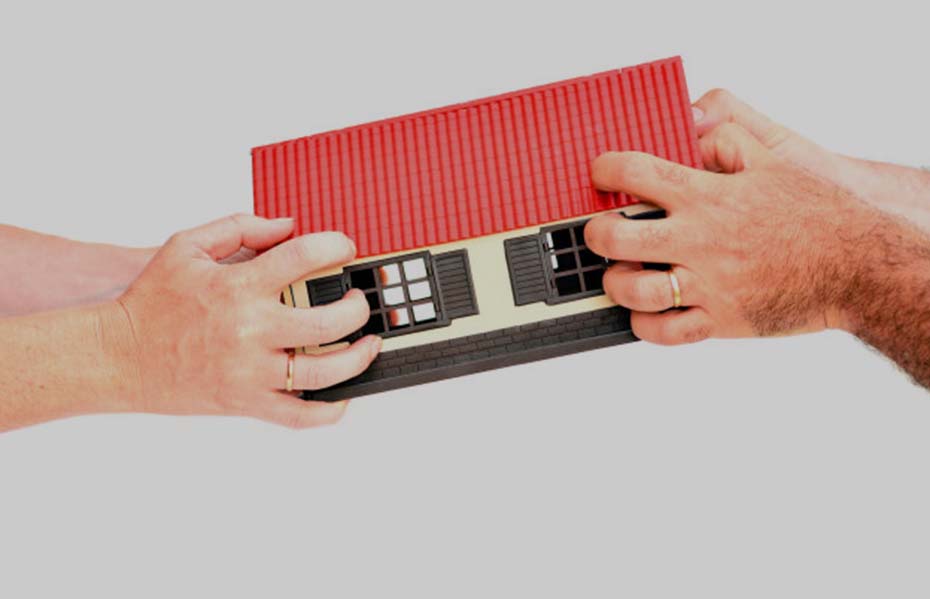

When couples separate or are thinking of separating, one of the first questions that they want answered is “what do I get?” This is at a time when parties are at their most stressed, dealing with emotional problems as well as worrying about whether they will have enough assets to start over again.
The first thing to note is that a divorce is not required to have a property settlement. A property settlement can be organised and finalised any time from when couples separate. A divorce however can have an important impact on a property settlement. Once the divorce has been granted couples have 12 months in which to obtain a legally binding property settlement. If they don’t they may lose their entitlement to a property settlement and have to ask the court permission to proceed with one.
Whether it is a court deciding how to divide up your assets, or solicitors providing you with advice as to what you’re entitled to, they both follow the same steps.
The first step is to determine whether there should be a property settlement at all. In most cases couples share property so they must have a legally binding property settlement in order to divide their assets.
The second step is to identify what the assets and liabilities of the parties are as well as determining their value. Usually parties can agree on the value of assets however if they can’t then professional valuers may need to be engaged. At times there is also argument about whether certain assets should be included or not.
The third step is to consider the contributions that each of the parties have made to their assets and liabilities at the start of the relationship, during the relationship, and after the relationship has ended.
The fourth step is to then consider whether there should be any adjustments for what are commonly known as future needs. The factors considered include whether there are any children and how they are to be cared for, the health of the parties, their ages and incomes, and their skills and education.
The last step is to consider the division which has been decided based on contributions and adjustments and weigh up whether that division is “just and equitable” in all the circumstances. In other words, to consider whether the outcome is fair to both parties after looking at all the facts.
It is important to note that there is no set formula for calculating what couples are to receive in a property settlement. Solicitors are able to provide advice about the likely range of a property settlement. It is normally expressed as a percentage of the asset pool. Any settlement which is within that range is a good outcome for both parties and should be seriously considered.
If you are considering separating, or have separated, and are unsure of what you are entitled to or how to go about negotiating and finalising a proper settlement, our experienced local lawyers are able to assist you with every step.
Copyright © 2025 reeslaw.com | All Rights Reserved.